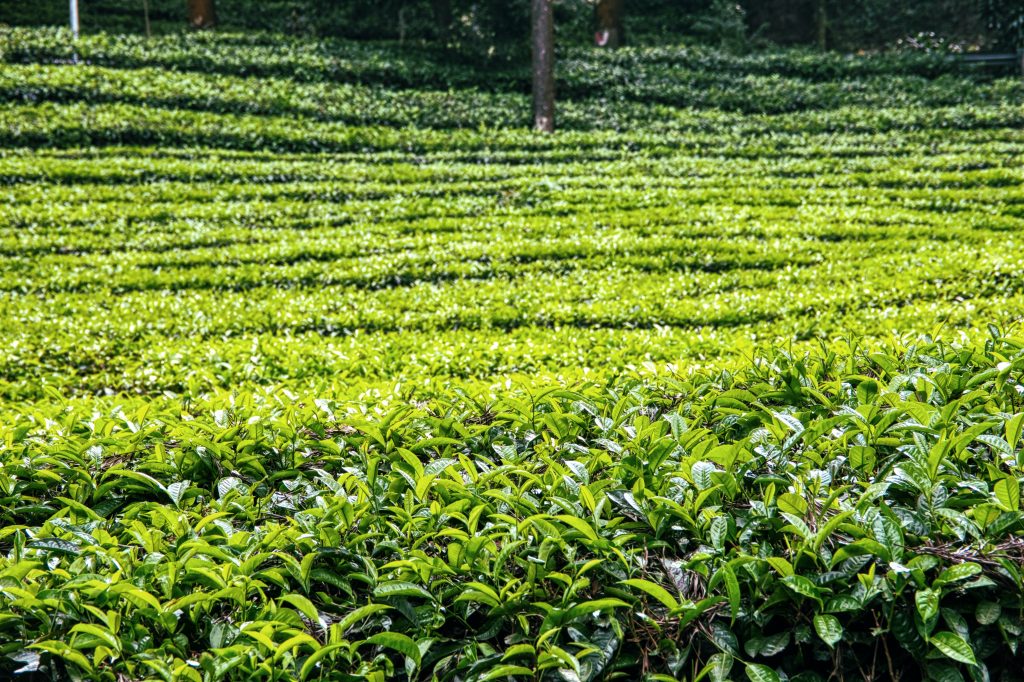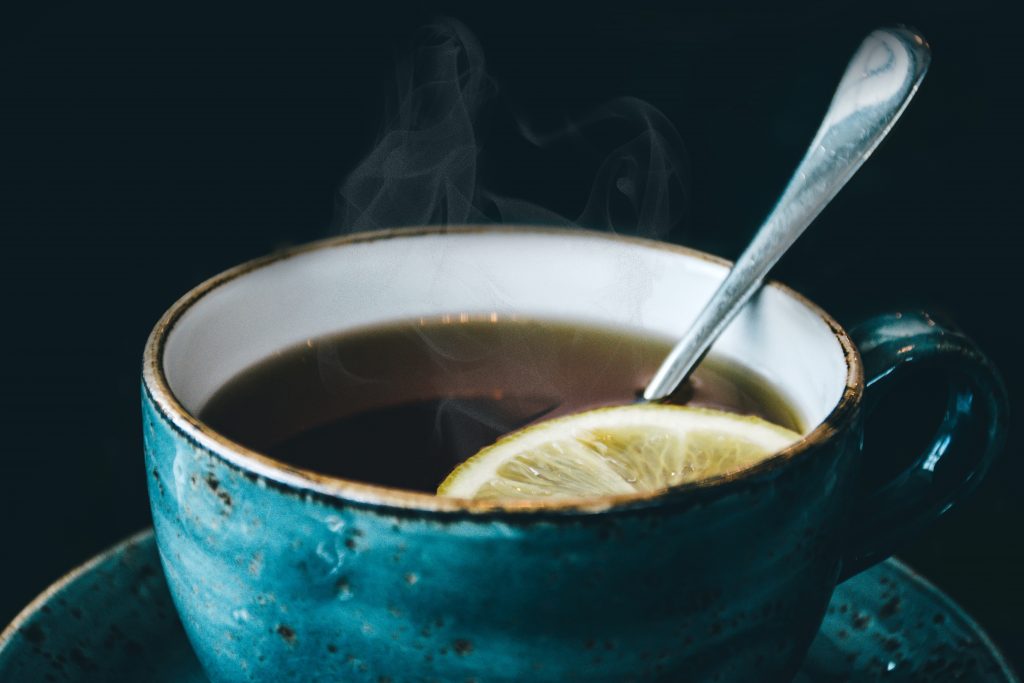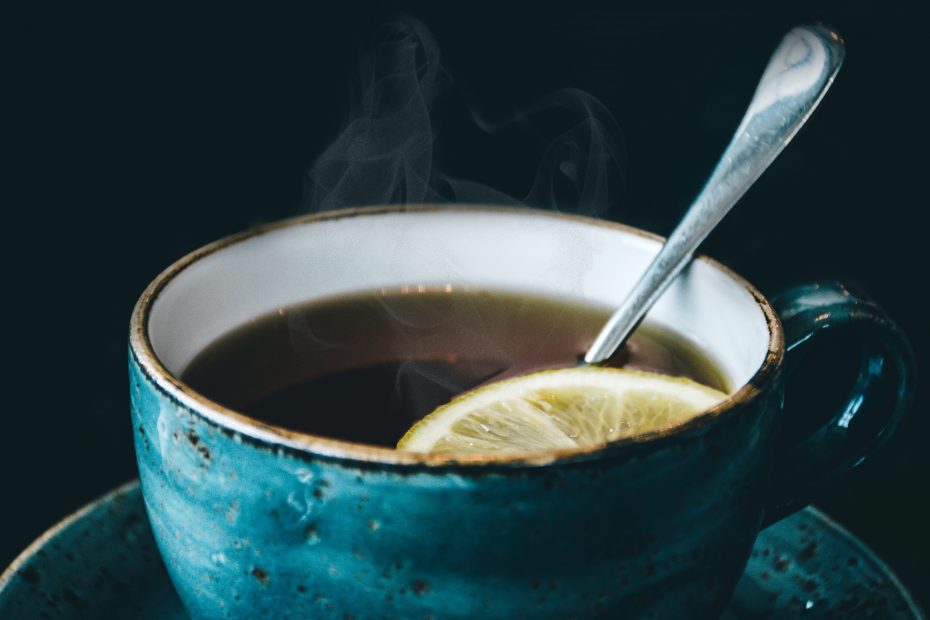Assam black tea is a wonderfully strong and dark tea that is grown in Assam in India. We love it, and we’ve learned a little about it in the past few days, just to share it with you! Without further ado, let’s talk about Assam tea.

What is Assam Black tea?
All tea is a variety of the plant Camellia Sinensis that’s found in China. Different varieties of the plant have been selectively bred and cultivated for particular flavor notes, and Assam is one of those types of tea.
The tea plants reside in Assam, India, which is just a little south of the Himalayas. This region is notable for how low it is in altitude, and how much rain falls there. Assam gets an astonishing 75 inches of rain per year, thanks to the monsoons that the area gets.
Those conditions affect the tea plant, leading to an earthier and more complex flavor. At the very least, that’s the theory! In reality, each harvest will have been affected by tiny individual factors, leading to a very nuanced flavor profile in the end cup.
How much caffeine is in Assam Black tea?
In an average cup of tea, the caffeine content can vary quite a lot according to what blend of tea is used, as well as what additives are in there.
For example, chai tea can have a huge amount of caffeine if caffeine-heavy additives are used during the brewing process.
With that said, Assam tea is the most caffeinated of different types of tea plants. On average, an eight-ounce cup contains about eighty milligrams of caffeine. This is quite a lot, especially when considering that a similarly sized mug of black coffee contains about a hundred milligrams of caffeine.
This is the reason the Assam tea is used as the base for most breakfast blends – it’s high in caffeine, and it helps to start your day off on the right foot: with a little boost!

What are the benefits of Assam Black tea?
Assam tea has a number of benefits, though the most notable is the benefit that most teas share – a large number of antioxidants. Free radicals in our bloodstream are the waste product of cellular processes. If left to their own devices, they could do damage to DNA, and cause a number of health conditions. Antioxidants in tea neutralize free radicals, leading to a better health condition overall.
Furthermore, Assam tea is particularly rich in an antioxidant called EGC, which is formed during the fermentation process. A number of studies have shown the EGC can protect teeth from erosion by preventing the formation of layers of bacteria on teeth!
Finally, we come to a simple benefit – bitterness aids digestion. It’s long been theorized that this was the case, hence why cuisines around the world focussed on drinks such as limoncello as digestifs.
In the modern era, studies have proven this to be the case – bitter tea or coffee after a meal stimulates the production of digestive juices, leading to a more efficient and healthier digestive system overall.
Whether you love or loathe Assam tea, it certainly has a lot going for it – from interesting growth to some great health benefits! Consider picking up a box soon!

